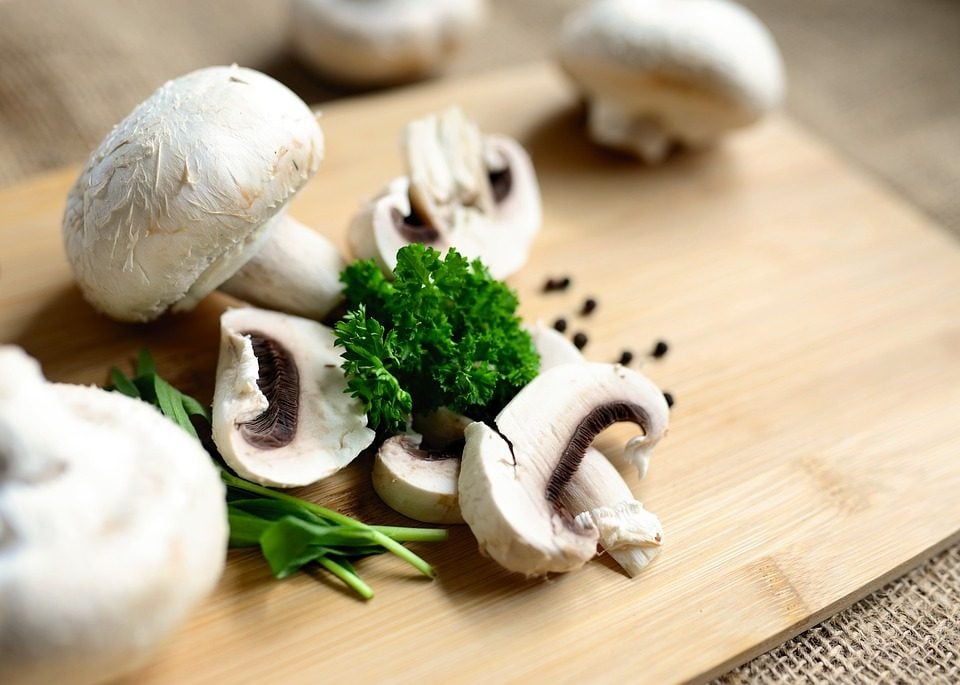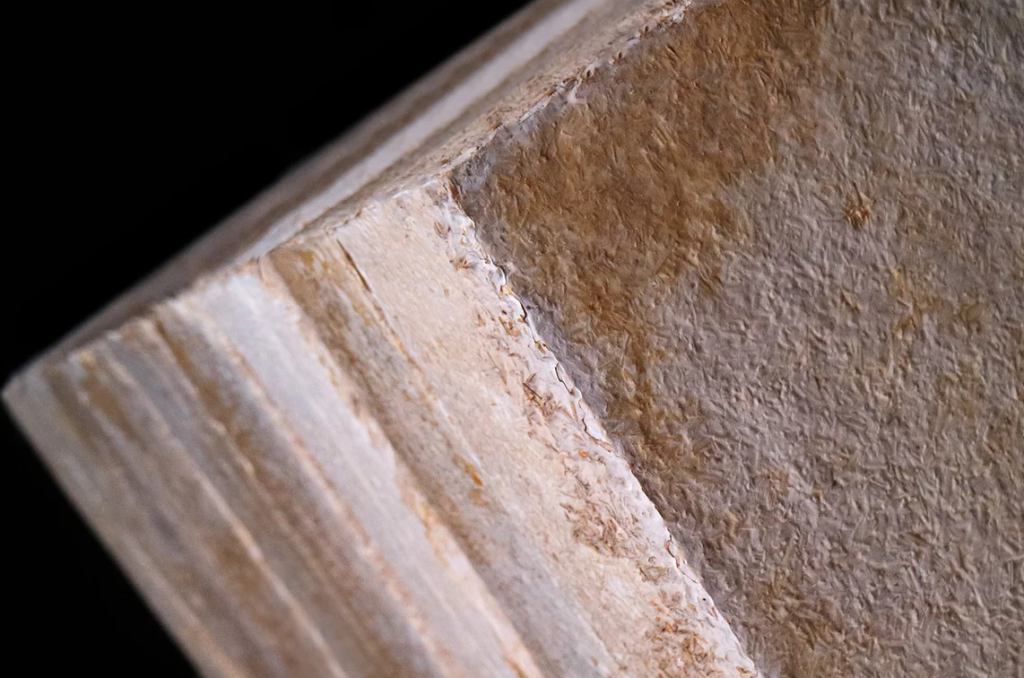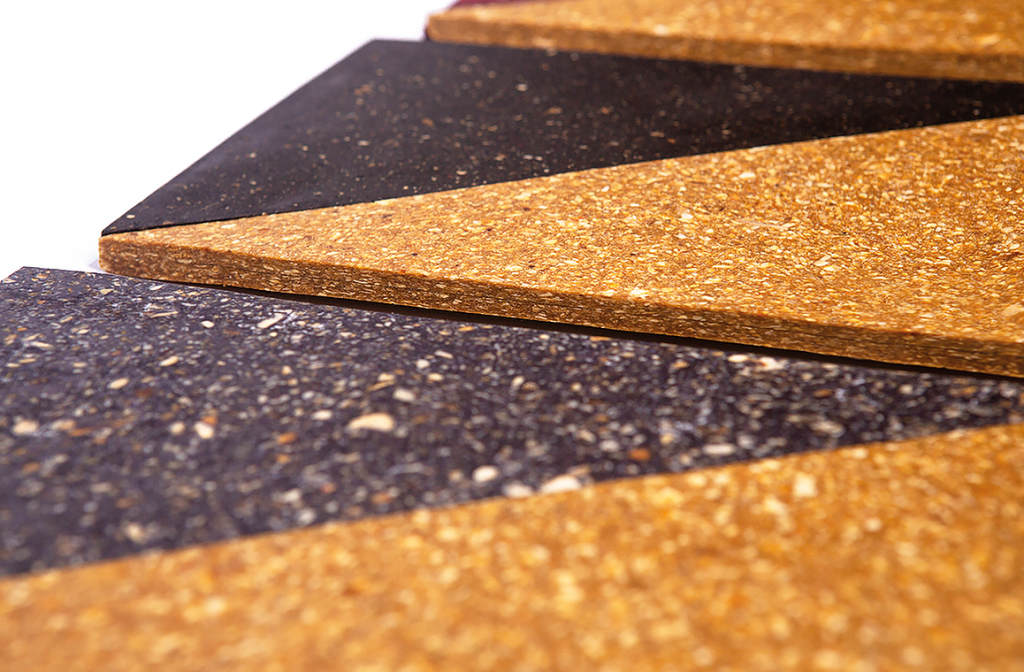U.K. company Biohm is hitting the headlines for its plans to start selling building insulation made from mushrooms. The company, which plans to begin mass producing the insulating material made from mycelium, the thread-like roots of mushrooms, insists its product is far more environmentally-friendly and also more affordable than traditional materials.

Biohm points out that mycelium is biodegradable, and it reckons that when it’s used for insulation, it outperforms rival materials.
Ehab Sayed, founder and director of innovation at Biohm, told Fast Company that mycelium networks have a very similar structure to that of engineered plastic-based insulation materials. He said the company’s tests show it does a better job of insulating than foam, has less thermal conductivity, and that it’s slower to burn in the event of a fire, meaning it’s safer too. Unlike standard insulation materials, it can either be composted safely, or reused to make more insulation.
Biohm reckons there’s a need for more environmentally-friendly, recyclable insulating materials. Its research shows the construction and demolition industry in the U.S. creates twice as much trash as all of the other waste produced by its cities.
Biohm grows its mycelium in a factory, shaping it to the size of a standard insulation panel. It also uses agricultural byproducts to the fungus to ensure the final product is carbon negative.
“What you’ll end up with is an insulation panel (pictured, below) that’s been completely naturally formed,” Sayed told Fast Company. Once the product has been grown to the correct size, it’s cured until it becomes rigid and strong.

Sayed says traditional insulation products such as foam are the byproduct of fossil fuels, which are obviously bad for the environment. In addition, those products are produced using harmful gasses that are even more damaging to the Ozone Layer than CO2. Some alternative products also use natural materials, but they add formaldehyde and other toxic substances to ensure they’re flame resistant. Another danger with traditional materials is that cutting insulation panels emits dust that can be harmful to construction workers.
Biohm initially plans to begin producing mycelium insulation panels on a very small scale, manufacturing enough to fit out around 30 homes per month. However it claims that these mushroom-based panels will cost no more than traditional insulation panels. And as it scales up production, it should be able to reduce costs even more, so its products can even be used in the most affordable housing.
Sayed said Biohm is able to keep costs low because all of the materials it uses are waste products. The mycelium is a waste product of the mushrooms, and Biohm also uses the waste stream from the feedstock, which it collects for free through its own waste collection service.
“So you basically have no raw material that you’re having to pay for us to start with, which really makes things more achievable when you’re producing at scale,” he explained.

Assuming its product proves to be a hit, Biohm has plans to build a second factory in the U.K. and another one in the Netherlands to ramp up production. The company also has plans to develop other sustainable building materials, including a plant-based concrete mix and an alternative to fiberboard that’s made entirely from food waste (pictured, above). In addition, the company has plans to launch what it calls a “circular construction system” that will use all three materials in combination.